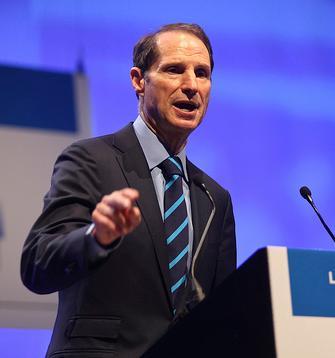If a bill that is now before the US Senate were in place in 2005, none of us would know about the CIA’s secret offshore prisons. There’s a lot of other secret stuff that never would have made it into print, too.
And the really scary thing is that Sen. Dianne Feinstein is pushing this, and only one member of the Senate Intelligence Committee, Ron Wyden (D-Oregon) voted against it — and if if weren’t for his single-handed moves to block the measure, it would probably already be law.
I think Len Downie has one of the best arguments against the measure:
The most troubling provision in the bill would prohibit all contact with the news media or “any person affiliated with the media” by any intelligence officials other than an agency’s director, deputy director or “specifically designated” public affairs officers — all of whom are political appointees. That could limit the flow of intelligence information to what political appointees decide to tell reporters, in “authorized leaks,” for political purposes. Reporters could be cut off from more knowledgeable and impartial career analysts, such as those who disclosed, in the run-up to the Iraq war, their doubts about Bush administration claims of Iraqi weapons of mass destruction. This prohibition “would make everyday reporting about everyday intelligence activities practically impossible,” Jack Goldsmith told me. “It would promote opportunistic spinning by the executive branch, which is already a problem.”
In other words, more official misinformation, more spinning that gets us into more wars — and now way to counter it.

